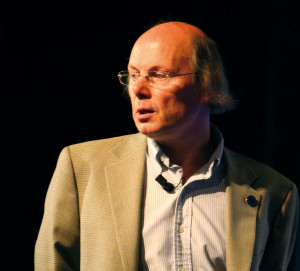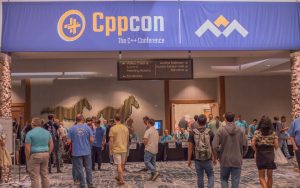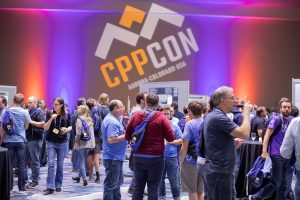CppCon 2021 opening keynote: Bjarne Stroustrup
 Will you be there? Early Bird registration is open to attend in person to be in the room for this keynote, to attend online, or do both...
Will you be there? Early Bird registration is open to attend in person to be in the room for this keynote, to attend online, or do both...
Opening Keynote: Bjarne Stroustrup, live in person
From the article:
CppCon 2021 will kick off on Monday, October 25 with Bjarne Stroustrup delivering the opening keynote live in person in Aurora, Colorado, USA. This is Stroustrup’s first in-person talk in North America since C++20 was completed, just before the pandemic lockdowns began. His talk connects C++’s roots with all the things that make C++20 a historic milestone – it’s not only the biggest release of C++ in a decade, but also the first edition of Standard C++ ever that is “D&E-complete,” containing all of the features (except only unified function call syntax) that Stroustrup described a quarter-century ago in The Design and Evolution of C++ as his goals for C++’s future development, including concepts, coroutines, and modules which in 2021 are for the first time now available as actual realities in production C++ compilers.
CppCon 2021 is proud to be the forum for Dr. Stroustrup’s landmark talk, which he describes as follows: ...


 Today, CppCon 2021 opened its Call for Submissions. If you have a talk idea, or know someone who does, we encourage you to make a submission!
Today, CppCon 2021 opened its Call for Submissions. If you have a talk idea, or know someone who does, we encourage you to make a submission!